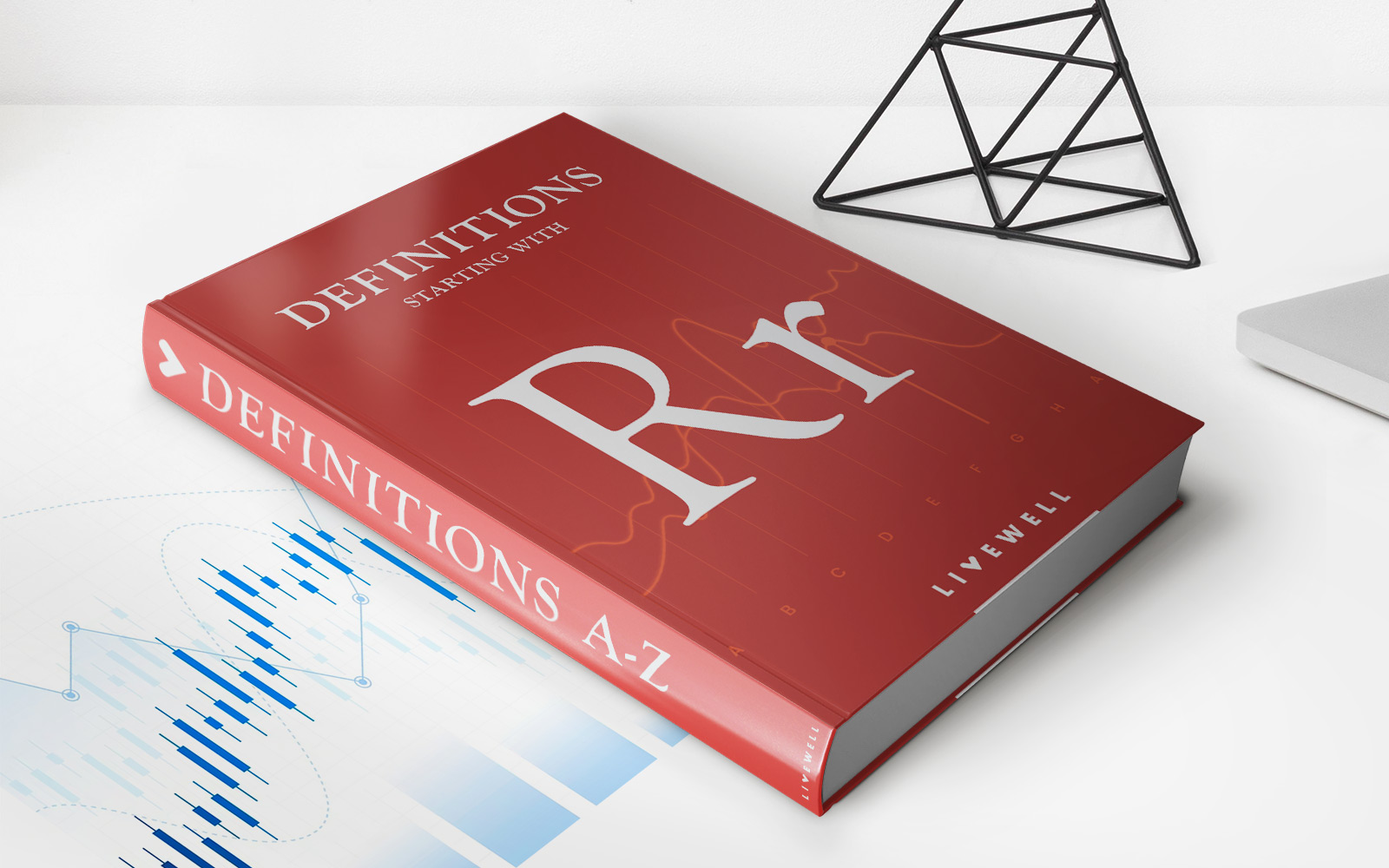Home>Finance>Sovereign Credit Rating: Definition, How They Work, And Agencies


Finance
Sovereign Credit Rating: Definition, How They Work, And Agencies
Published: January 31, 2024
Learn about sovereign credit ratings in finance. Understand what they are, how they work, and the role of credit rating agencies.
(Many of the links in this article redirect to a specific reviewed product. Your purchase of these products through affiliate links helps to generate commission for LiveWell, at no extra cost. Learn more)
Sovereign Credit Rating: Definition, How They Work, and Agencies
Welcome to another installment of our “FINANCE” category blog post! Today, we dive into the fascinating world of sovereign credit ratings. If you’ve ever wondered how countries’ creditworthiness is assessed and what role credit rating agencies play in this process, you’re in the right place. In this article, we’ll provide a comprehensive overview of sovereign credit ratings, including their definition, how they work, and the agencies responsible for determining them.
Key Takeaways:
- Sovereign credit ratings reflect the creditworthiness of a country and its ability to repay its debts.
- These ratings impact a country’s borrowing costs, economic stability, and foreign investment attractiveness.
What are Sovereign Credit Ratings?
Before we dive into how sovereign credit ratings work, let’s start with the definition. Sovereign credit ratings are assessments given to countries’ ability to meet their financial obligations, such as interest payments and repayment of principal on loans or bonds. They provide investors and financial markets with an indication of a country’s creditworthiness and the risk involved in lending to or investing in that particular country.
These ratings consider various factors, such as a country’s political and economic stability, financial and fiscal policies, debt levels, and external economic indicators. Credit rating agencies analyze these factors and assign a credit rating to each country, usually represented by a letter or a combination of letters, such as AAA, AA+, B-, etc.
How Do Sovereign Credit Ratings Work?
Credit rating agencies, like Standard & Poor’s (S&P), Moody’s, and Fitch Ratings, are responsible for assessing and assigning sovereign credit ratings. These agencies use a combination of quantitative and qualitative analysis to evaluate a country’s creditworthiness.
Typically, these agencies take into account various economic indicators, such as GDP growth, inflation rates, unemployment levels, and government debt levels. They also consider factors such as political stability, governance, and legal frameworks. By analyzing these factors, credit rating agencies aim to provide an objective assessment of a country’s credit risk.
Once the evaluation process is complete, the agencies assign a credit rating to the country. Ratings can range from AAA (the highest rating, indicating a very low risk of default) to D (default). The assigned rating helps investors, policymakers, and international organizations understand the level of risk associated with investing or lending to a particular country.
Credit Rating Agencies
There are several prominent credit rating agencies operating globally, with three major players dominating the industry:
- Standard & Poor’s (S&P): Being one of the oldest and most well-known credit rating agencies, S&P assigns ratings to countries based on an in-depth analysis of their creditworthiness and ability to fulfill financial obligations.
- Moody’s: Known for their comprehensive credit rating system, Moody’s assesses countries’ creditworthiness based on economic indicators, sovereign risk, and financial market conditions.
- Fitch Ratings: Fitch Ratings provides credit ratings to countries based on a thorough evaluation of their economic stability, financial policies, and government effectiveness.
It’s important to note that the credit ratings assigned by these agencies are not infallible and have faced criticism for their role in the 2008 financial crisis. Nevertheless, they still greatly influence investor sentiment, borrowing costs for countries, and overall market stability.
In Conclusion
Sovereign credit ratings are essential tools used in the financial world to assess a country’s creditworthiness and the risk associated with investing in or loaning money to that country. They impact a country’s borrowing costs, economic stability, and attractiveness to foreign investors.
As an investor or financial professional, understanding sovereign credit ratings and their agencies can provide valuable insights into the risks and opportunities associated with different countries’ economies. It’s always important to consider multiple factors beyond credit ratings when making investment decisions.
Thank you for joining us on this journey into understanding sovereign credit ratings. We hope you found this article informative and gained a deeper understanding of this crucial aspect of the financial world.














